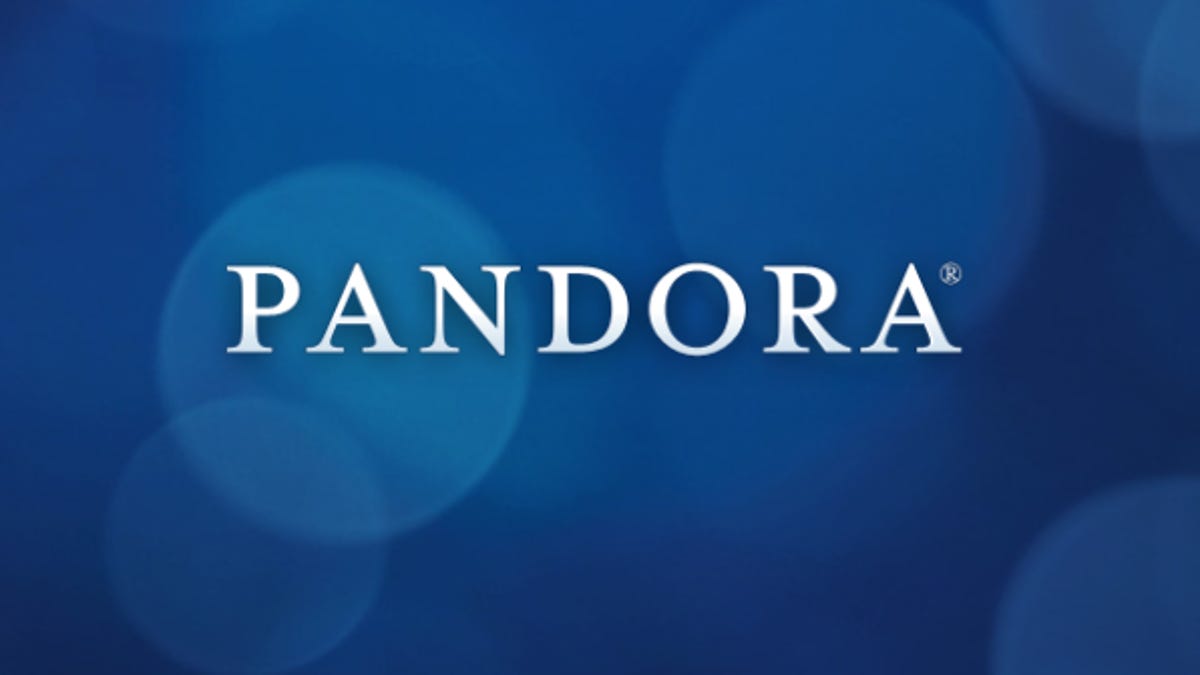Pandora station suggestions amp up personalization
The Internet's top radio service adds station recommendations to its app for iOS and Android smartphones and tablets, aiming to stretch listening longer.

For Pandora, it's personal.
The Internet's top radio service said Wednesday it would launch personalized station recommendations in its mobile app. The feature suggests new station ideas based on your listening preferences as well as what the company knows from its data about other listeners' habits, which includes 35 billion bits of "thumbs up, thumbs down" feedback, the company said.
Listeners will be offered up to six artist station recommendations in their station list and when they create or delete a station.
It's "marrying all the data about you with the data we know about the masses," said Dominic Paschel, Pandora vice president, speaking at a Needham investor conference.
As of December, Pandora had 76.2 million active listeners and 1.58 billion listening hours across all platforms, and it comprises 8.6 percent of total US radio listening. The point of more personalization, like station recommendations, is to increase how much time each of the 76.2 million listeners spend tuning in.
At the conference, Paschel said Pandora's model -- forsaking direct deals with labels to get its music instead through a license structure carved out by regulators -- means Pandora's market is fundamentally bigger. Subscription services like Beats and Spotify have higher licensing costs per track than Pandora, and that sets them up to rely on their ability to entice listeners to become paying subscribers. Pandora, on the other hand, turns to its free, ad-supported service as its big moneymaker. The audience size in the latter case is unfettered by getting listeners to cough up $10 a year, and so has the size advantage, he noted.
Pandora faces increasing competition for Internet listeners, though. Giants like Apple and Google added new services like iTunes Radio and All Access last year, longtime players like Spotify and Slacker launched new features or shook things up with updates, and more are coming: Google is said to be rolling out another subscription service through YouTube next year, and Beats' paid subscription-only service is launching latter this month.
Pandora, as always, reiterated Wednesday that it's listenership has risen unabated through all past rival introductions and will continue to do so as new competitors come to the market.

